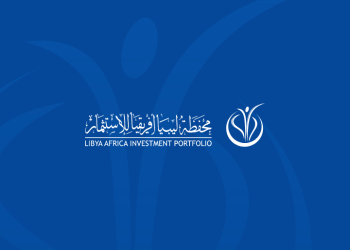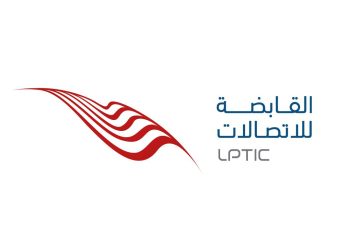In a series of letters leaked by credible Libyan media sites, the Central Bank of Libya (CBL) continues its efforts to positively affect the Libyan economy through retaining the value of the Libyan dinar by controlling the black-market trade in foreign exchange.
Restricting imports through import licences – prerequisite payments through banks – no cash
In one letter, the Governor of the Central Bank of Libya, Naji Issa, addresses the Minister of Economy and Trade regarding the resumption of the suspended decision on approving an import and export ruling, which prohibits the practice of import, export and re-export activity except through banking operations approved by the Central Bank of Libya.
Opening foreign currency accounts for FX Bureaux
The Central Bank of Libya instructed in another leaked letter commercial banks to open foreign exchange denominated accounts for recently CBL licenced foreign exchange bureaux and companies, and to replenish these accounts in foreign currency by the Central Bank of Libya and any other sources approved by it.
Eliminating the foreign currency black-market
In another letter, the CBL stressed the importance of eliminating the parallel (black) market for the transfer, sale and purchase of currency that have serious repercussions and damage on the Libyan economy.
CBL’s recall of LD and LD 20 denominations
it will be recalled that last Sunday (29 June) the CBL had announced that during its recent recall of the old LD 50-dinar denominations (second series) printed by the eastern based authorities in Russia, it had discovered more than LD 3.5 billion in counterfeit notes. It said this constitutes serious damage to the national economy.
The bank explained that what was issued from the first issue in denomination of 50 dinars amounted to 7 billion dinars, while the amounts supplied to the Central Bank of Libya amounted to approximately 6.828 billion dinars.
Risk of money laundering and terrorist financing
The bank said that printing this denomination in large quantities outside its control negatively affected the value of the Libyan dinar, contributed to increasing the demand for foreign currencies at significant levels in the parallel / black market, and doubled the risks of money laundering and terrorist financing.
.











